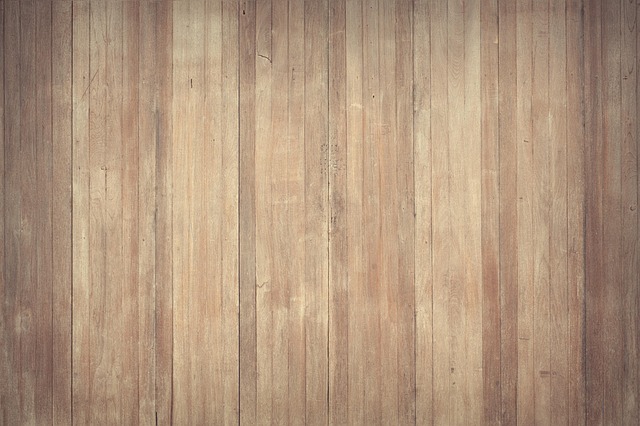
Privacy Fences
In today's world, the need for privacy in outdoor spaces has become increasingly important. A privacy fence serves not only as a boundary marker but also as a means to create a personal sanctuary. This article delves into the various aspects of privacy fences, focusing on their design, materials, and benefits.
Types of Privacy Fencing
Privacy fences come in various materials and styles, each offering unique advantages. The most common types include:
- Wood Fencing: Traditional wooden fences are popular for their aesthetic appeal. However, they require regular maintenance to prevent rot and decay.
- Vinyl Fencing: Vinyl fences are durable and low-maintenance. They resist fading and can withstand various weather conditions, making them a practical choice.
- Composite Fencing: Composite fencing is made from a blend of wood fibers and plastic. This material is designed to endure harsh weather without becoming brittle or cracking, providing a long-lasting solution for privacy.
- Metal Fencing: Metal fences, such as aluminum or wrought iron, offer a modern look and high durability. While they may not provide complete privacy, they can be combined with other materials for enhanced seclusion.
Benefits of Installing a Privacy Fence
Investing in a privacy fence offers numerous benefits that extend beyond mere aesthetics. Here are some key advantages:
- Enhanced Security: A well-constructed privacy fence acts as a deterrent to intruders, providing a secure environment for your family and belongings.
- Noise Reduction: Privacy fences can help reduce noise from nearby roads or neighbors, creating a more tranquil outdoor space.
- Increased Property Value: A quality privacy fence can enhance the overall appeal of a property, potentially increasing its market value.
- Defined Boundaries: A privacy fence clearly delineates property lines, reducing disputes with neighbors and ensuring everyone knows their space.
Choosing the Right Material
When selecting a material for a privacy fence, several factors must be considered, including durability, maintenance, and aesthetic preferences. Composite fencing has emerged as a superior choice for many homeowners due to its resilience against the elements. Unlike traditional wooden fences, composite materials do not warp or crack, ensuring a long-lasting investment.
Installation Considerations
Proper installation is crucial for the effectiveness of a privacy fence. Here are some essential considerations:
- Height: A standard height for privacy fences is six feet, which provides adequate seclusion while complying with most local regulations.
- Foundation: Ensure that the fence is installed on a solid foundation. For composite fencing, metal posts can be used to enhance stability and longevity.
- Local Regulations: Before installation, check local zoning laws and regulations regarding fence height and placement to avoid potential fines.
Maintenance of Privacy Fences
While composite fencing requires less maintenance than wood, some care is still necessary to ensure its longevity. Regular cleaning with soap and water can help maintain its appearance. Additionally, inspect the fence periodically for any signs of damage or wear, especially after severe weather events.
Conclusion
A privacy fence is an essential addition to any property, providing security, tranquility, and aesthetic appeal. By understanding the various types of materials available and their respective benefits, homeowners can make informed decisions that enhance their outdoor living spaces. Investing in a quality privacy fence is not merely a choice; it is a commitment to creating a personal oasis that offers peace and protection.

















 Underrepresented Groups in Stem
Underrepresented Groups in Stem 
 Health
Health  Fitness
Fitness  Lifestyle
Lifestyle  Tech
Tech  Travel
Travel  Food
Food  Education
Education  Parenting
Parenting  Career & Work
Career & Work  Hobbies
Hobbies  Wellness
Wellness  Beauty
Beauty  Cars
Cars  Art
Art  Science
Science  Culture
Culture  Books
Books  Music
Music  Movies
Movies  Gaming
Gaming  Sports
Sports  Nature
Nature  Home & Garden
Home & Garden  Business & Finance
Business & Finance  Relationships
Relationships  Pets
Pets  Shopping
Shopping  Mindset & Inspiration
Mindset & Inspiration  Environment
Environment  Gadgets
Gadgets  Politics
Politics 